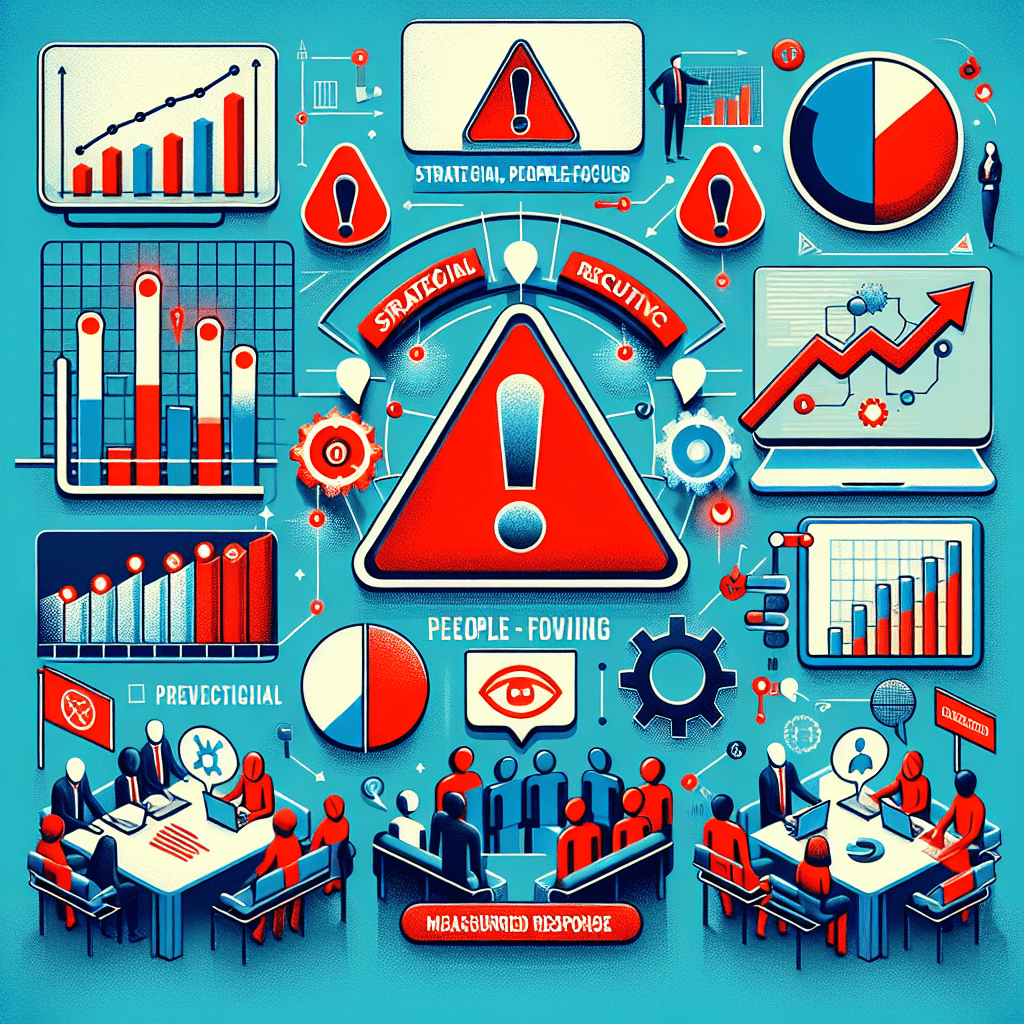
The Dangers of Reactive Thinking and the Power of Reflection

Reactive Thinking is a Trap We All Fall Into
Grab a cup of your favourite brew and let’s have a natter about something that trips us all up at one point or another: reactive thinking. You know, that instinct to jump straight into action the moment a challenge rears its head? Well, here’s a bold statement: reactive thinking is a trap that can lead us down a path of missed opportunities and less-than-ideal outcomes. Sounds dramatic, doesn’t it? But I genuinely believe taking a moment to breathe and think can turn the tide on our decisions.
What Does It Mean to Think Reactively?
When we react, we often allow our emotions to drive our decisions. Think about it. How many times have you found yourself faced with a dilemma and immediately jumped into problem-solving mode? You may shout solutions aloud or rush to an answer—only to find out later that perhaps a pause could have reshaped the outcome.
In today’s fast-paced world, it’s tempting to react first and think later. But this quick-fire mentality often leads to regret or re-evaluating our choices down the line. So what’s the alternative? The power of thoughtful response. By shifting our mindset from reactive to reflective, we set ourselves up for more reasoned, effective decision-making.
Taking a Moment to Reflect
Let’s explore a simple strategy that can help you step away from that reactive trap. When a problem arises, consider this four-step approach:
- When a problem arises, take a moment: Yes, I mean stop! Take a deep breath, even if it feels uncomfortable at first.
- Write it down where you can see it: Out of your head and into the open! This not only clarifies your thoughts but also gives you a visual reference.
- Pause and reflect: Use this time to gather your thoughts, emotions, and reactions. What are the facts? What tangents are arising?
- Consider at least two potential solutions: More options mean a better chance of uncovering a gem among your ideas.
Sounds simple, doesn’t it? But in practice, this can be a game changer. By actively choosing how to respond, we regain control over our decisions. It’s a shift from chaos to clarity and can vastly improve the outcomes we achieve.
The Impact of Deliberate Decision-Making
At City Skills, we’ve always preached the importance of taking a step back. It’s more than just a catchphrase; we’ve seen first-hand how allowing time for reflection can lead to significant improvements in decision-making.
Now, let me share a personal insight. I remember a time when I was faced with a tough decision regarding a project launch. The pressure was on, and naturally, my first instinct was to jump in and push for results. But instead of rushing forward, I took a moment. I jotted down my thoughts, reflected on my options, and discovered a more innovative approach that ultimately led to a successful launch. I learned that sometimes, the best moves are made when you pause first.
How to Make This a Habit
So how do we shift from reactive thinking to mindful decision-making? It begins with practice. Each time you’re confronted with a challenge, remind yourself of the steps we talked about. Over time, this can become an invaluable habit.
Here’s a great question to ponder: How often do you pause to reflect before reacting? Think about your own habits and see if you can find moments in your day where this practice could fit in. Trust me; it’s a worthwhile effort.
In conclusion, by taking a moment to think rather than react, we open the door to better decision-making, improved outcomes, and ultimately, a more fulfilling life.
So next time you feel that adrenaline rush to react, I urge you: take a step back. You may find it’s the best decision you ever make.
What strategies do you use to make thoughtful decisions? I’d love to hear your thoughts!





